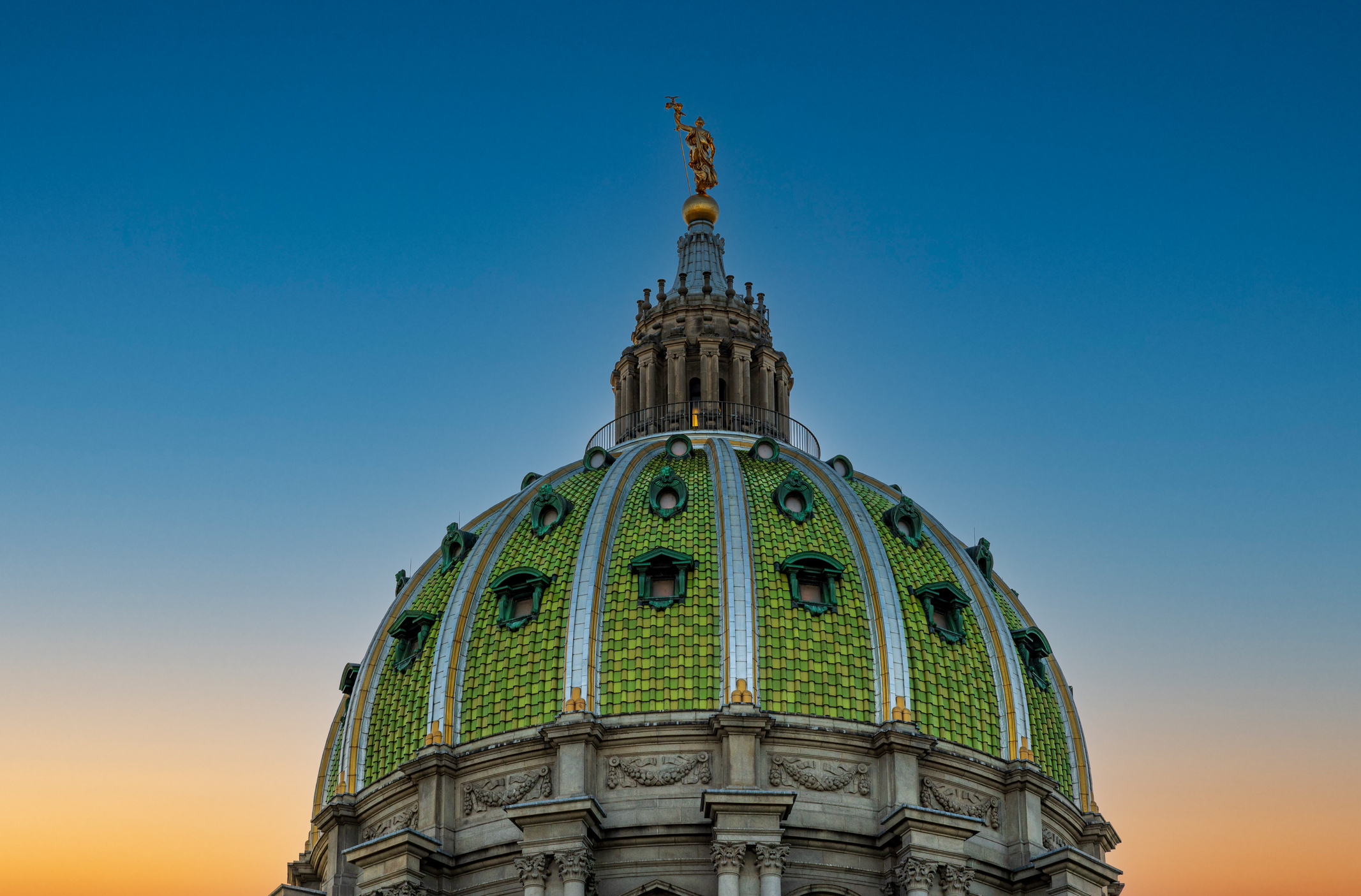Governor Phil Murphy signed a budget into place Sunday night and avoided a government shutdown with just hours to spare. The new budget will increase spending by 4.2 percent and increase tax revenue by an estimated $1.5 billion.
While Murphy did not get the sales tax increase he wanted, he did get his millionaires tax, although not in the capacity he originally hoped. Murphy wanted to increase taxes on individuals making more than $1 million but had to compromise with a legislature that wanted no millionaires tax at all. The new budget will increase taxes on individuals earning more than $5 million.
The New Jersey legislature was able to avoid increasing the sales tax by arguing the recent Supreme Court decision allowing states to tax online sales would bring in the necessary revenue.
Other new taxes include an Airbnb and a ridesharing tax where customers pay 50 cents for solo trips or 25 cents for shared rides. Murphy had proposed a 6.63 percent sales tax. The budget also includes a 10-cent tax on each milliliter of liquid nicotine in e-cigarettes.
The budget also temporarily increases taxes on corporations through a surcharge on businesses making more than $1 million. Corporate taxes will increase from 9 to 11.5 percent for this year and next. However, the corporate tax rate will fall to 10.5 percent for the following two years, and will then return to 9 percent in 2023.
New Jersey will also aim to collect more than in $200 million in owed taxes.
This increased revenue should help pay for a $242 million boost to New Jersey Transit and education. It also includes an additional $402 million in funding for public schools and a $20 million increase to Murphy’s free community college program, which now has $25 million to offer to low-income residents who need help paying for community college. The new funding will also help pay for an increase in the Earned Income Tax Credit from 35 to 40 percent of the federal tax credit over the next three years. The increase in direct funding for public schools will help offset the increase in the state income tax deduction for local property taxes.
Latest News
Photo credit: iStock.com/sommart In 2025, state governments across the U.S. are advancing initiatives to improve administrative efficiency and modernize civil service, adopting tailored strategies to better serve residents. Recognizing the importance of adaptability, innovation, and [...]
Photo credit: iStock.com/BackyardProduction Governor Josh Shapiro delivered his 2025-26 budget address, outlining economic initiatives, public safety measures, infrastructure improvements, and education funding. His speech emphasized continued investment in key sectors to strengthen Pennsylvania’s [...]
Photo credit: iStock.com/StudioGraphic As technology continues to evolve, digital driver's licenses (also known as mobile IDs) are gaining traction across the United States. States are increasingly exploring legislative measures to modernize driver identification systems, enabling [...]
NetChoice and AI regulation In this episode of the Back in Session podcast, hosts Ryan Stevens and Ryan DeMara sit down with Amy Bos, Director of State and Federal Affairs at NetChoice, to discuss the [...]





Stay In Touch